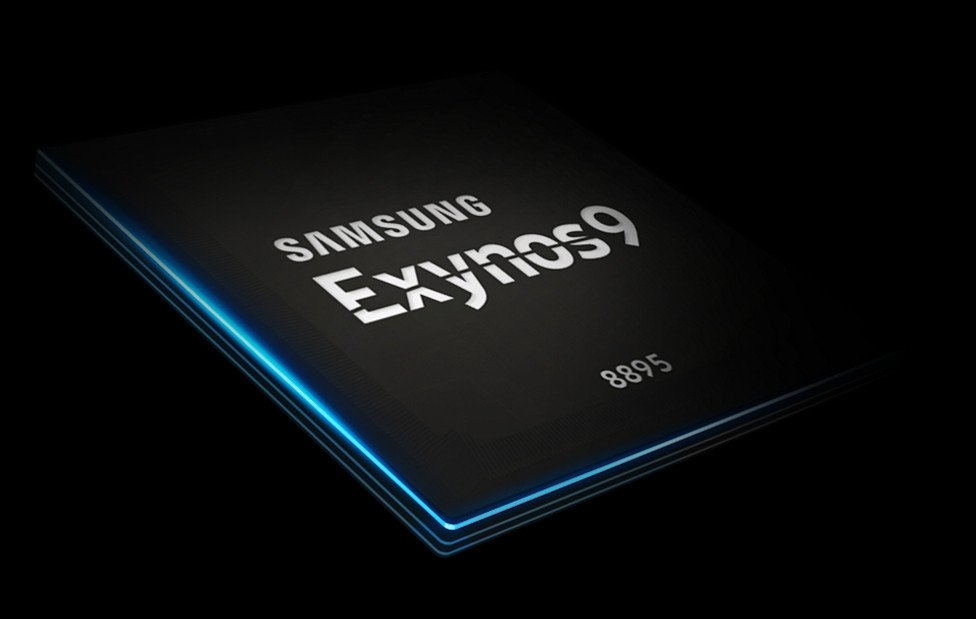Qualcomm licensing blocked Samsung from selling Exynos chips

South Korea's Fair Trade Commission has claimed that Qualcomm blocked Samsung from selling its own Exynos processors to other manufacturers through a patent licensing deal, ZDNet reports.
The deal reportedly dates back to 1993, when an agreement was reached to allow Samsung to make its own modem chips using certain CDMA patents, but only for use in its own phones. Subsequently, either Samsung or the phone maker would've had to pay Qualcomm licensing fees if they wanted to use an Exynos SoC in a non-Samsung phone. Talks between the two to reach an alternative agreement reportedly broke down in 2013.
Since then, non-Samsung Exynos phones have been few and far between, with the Meizu Pro 5, being a rare example.
Qualcomm's patents are considered standards essential patents, which must be licensed under fair terms.
Qualcomm's patents are considered standards essential patents, which must be licensed under fair terms, and the chip giant fell foul of Korea's regulators last December, when it was handed an $865 million fine. Qualcomm is currently fighting a ruling which would require it to change its licensing terms.
While Qualcomm's licensing terms may hold back Samsung's semiconductor business, the group has benefitted in other areas from Qualcomm's dominance. The past two generations of high-end Snapdragon processors have been manufactured by Samsung, and the upcoming Galaxy S8 is widely reported to have first dibs on the upcoming Snapdragon 835, giving Samsung a competitive advantage over rivals.
Qualcomm faces similar legal action in from the U.S. FTC over allegedly abusive licensing practices, and in 2015 it paid a $975 million antitrust fine in China. Apple is currently suing the firm in the U.S. and China, claiming Qualcomm has abused its position in the market.
Get the latest news from Android Central, your trusted companion in the world of Android

Alex was with Android Central for over a decade, producing written and video content for the site, and served as global Executive Editor from 2016 to 2022.
